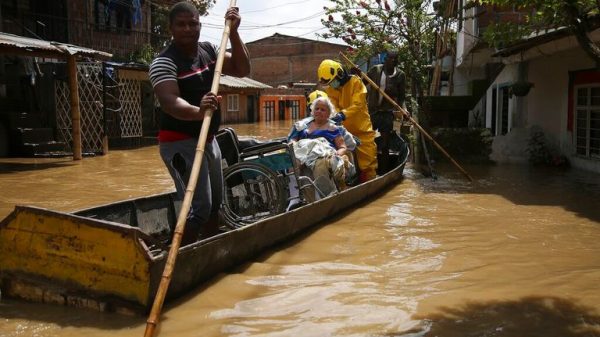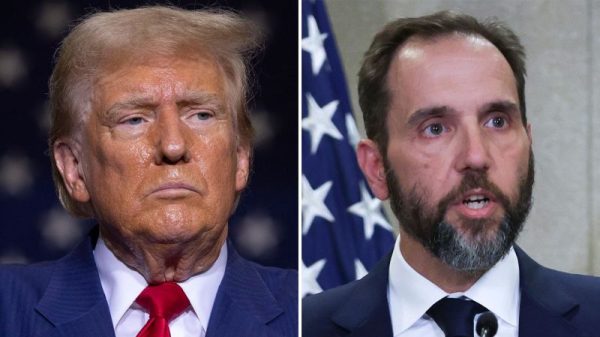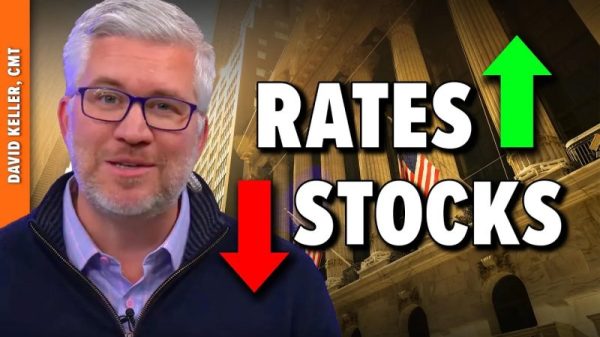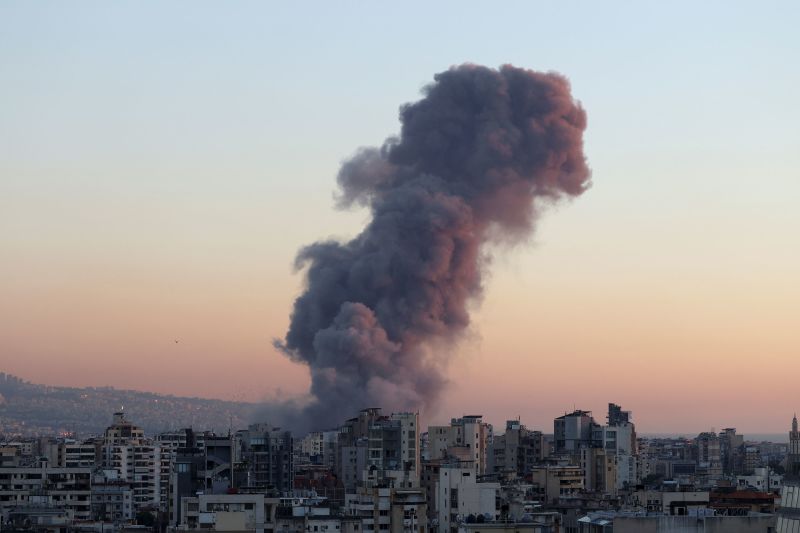After Hezbollah confirmed the death of its leader Hassan Nasrallah in an Israeli strike, what – if anything – can it do next?
The next 72 hours are likely to be full of Hezbollah’s remaining commanders assessing who is left, how safe it is to communicate and meet, and exactly what level of pain tolerance it retains as it tries to formulate a response.
What we don’t know is how much disruption has been done to the group’s rocket inventory by the wave of Israeli airstrikes over the past two weeks.
Israel appears to have very accurate information as to the whereabouts of Hezbollah leadership in real time, and so that is likely mirrored in what it knows about where Hezbollah has kept its munitions.
So far, we have yet to see a barrage of rockets from Hezbollah that has caused significant (and known) damage to Israeli targets. That may still come if Hezbollah’s remaining leadership decides that it has to project some kind of military strength to try to salvage morale and relevance in the region. But if it tries to project strength and fails, owing to Israeli interceptions, that will just compound its loss of face.
What is unknown at this point is how fervently Iran feels it needs to be dragged into this.
It has shown an extraordinarily high threshold for pain over the past months and may have a longer view in hand. The West and Israel should be mindful over the apparent change in tempo of Iran’s uranium enrichment and be petrified of losing the wider war of non proliferation in a region unable to step back from the brink.
Yet most profoundly, it is Israel’s next steps that matter most. It has shown that it has the intelligence advantage, military might, and tolerance for international condemnation of civilian casualties to continue to strike at will. But this risks turning a fortnight of brutal strikes into another longer term loss to Israeli prestige.
Israeli Prime Minister Benjamin Netanyahu has a defining choice to make. Does the past fortnight salvage his domestic reputation for security and leave him better placed to face the music of the cases against him? Or does he again calculate that an ongoing war without clear strategic direction is his best way forward?
Ultimately a wider field of vision must win out. Lebanon’s civilians – and its southern neighbors – need political accommodation and a ceasefire now, regardless of what it means for the fate of Israel’s current political elite.



























